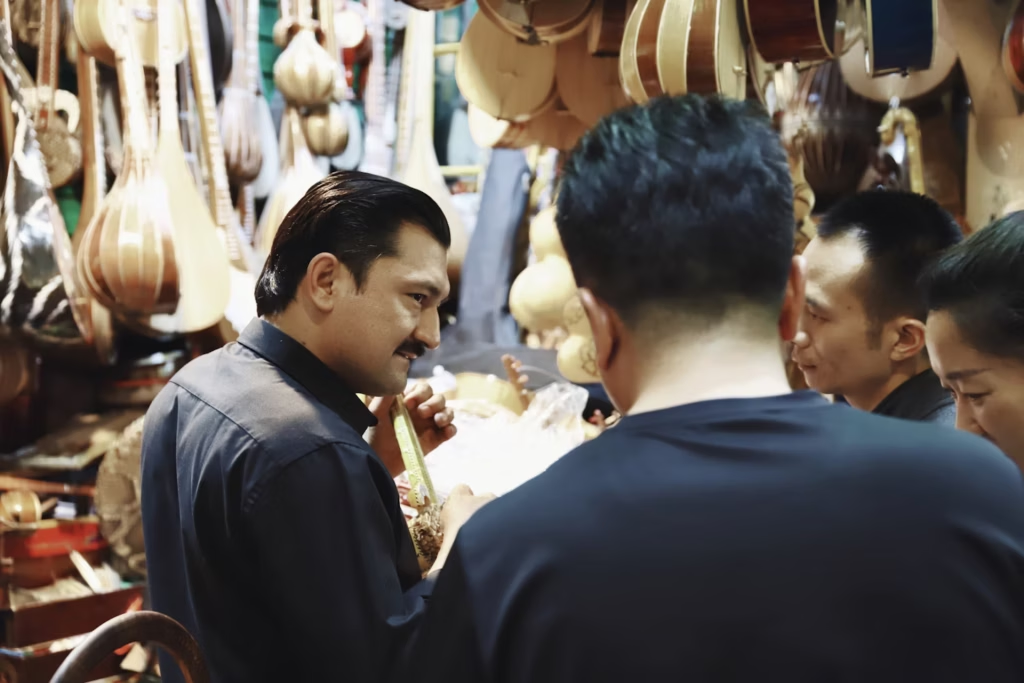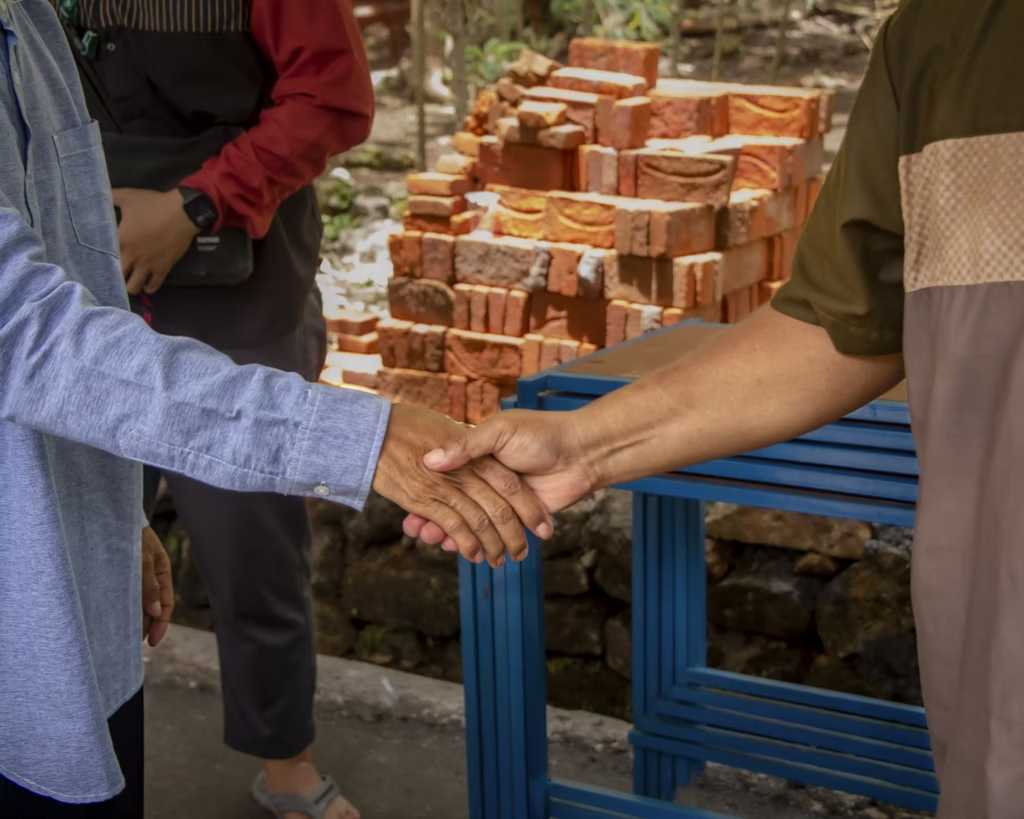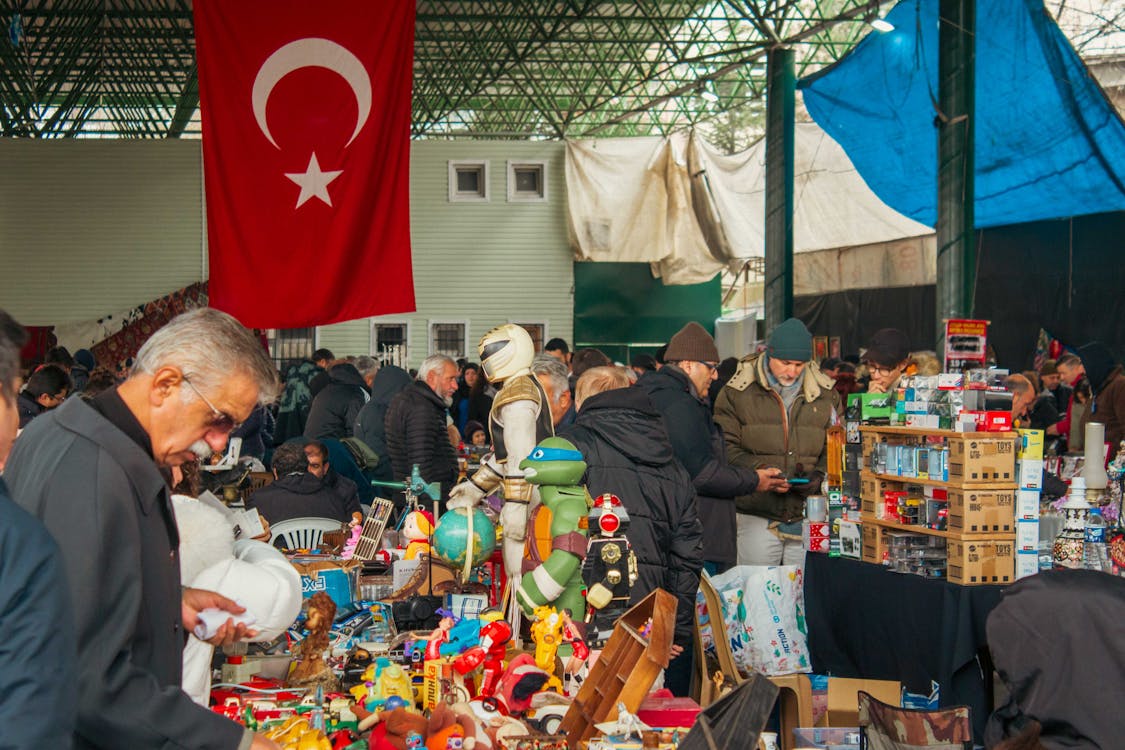Bargaining is more than just a transaction in Turkey—it’s a cultural ritual, a dance of diplomacy and good humor that brings color and charm to the shopping experience. Whether you’re navigating the labyrinthine Grand Bazaar of Istanbul or exploring local street markets in small towns, mastering the art of bargaining can make your travels more enjoyable and rewarding.
This guide will walk you through the essentials of haggling like a seasoned local, ensuring you not only get a good deal but also a great story to tell.
1. Understand the Culture of Bargaining

In Turkish bazaars, bargaining is not just accepted—it’s expected. Vendors often set prices with the understanding that buyers will negotiate, and many enjoy the back-and-forth as a friendly challenge.
Rather than diving straight into numbers, understand that the interaction is partly social. Vendors may offer tea or ask about your country, and this isn’t just small talk—it’s a way to build rapport, which often leads to better deals.
- Approach with a smile and a friendly attitude. A warm, positive demeanor can help set the tone for a pleasant interaction and make the vendor more receptive.
- Don’t rush—enjoy the conversation. Take your time to ask questions about the products and show genuine interest in what the vendor has to offer. Building a connection can go a long way.
- Remember, you’re more likely to get a discount if the vendor likes you. Establishing rapport and being polite can make the vendor feel appreciated, increasing your chances of getting a better deal.
Book a walking tour for your trip to familiarize yourself with the local markets and gain expert insight before diving into bargaining.
2. Do Your Homework Before You Go
Knowledge is power, especially in a marketplace. Before stepping into a bazaar, familiarize yourself with common prices and quality indicators for items you’re interested in, such as carpets, ceramics, spices, or leather goods.
Tourist areas often mark up prices significantly, so researching average rates online or visiting fixed-price shops first can give you leverage when negotiating.
- Compare prices at multiple stalls or browse Turkish goods or products online before shopping in person. It will help you get a better idea of the average cost and avoid overpaying.
- Use your phone to check product values online to see if you’re getting a good deal. This is especially useful for items like electronics or branded goods.
- Don’t hesitate to ask locals or hotel staff what a fair price might be for the items you’re interested in. They often know the market well and can give you helpful advice.
3. Master the Opening Offer

The key to a good bargain is starting low but not insultingly so. A common rule is to offer around 40–60% of the asking price, then work your way up based on the vendor’s reaction.
It’s important to express genuine interest without revealing desperation. Vendors can read body language, so stay calm and show you’re prepared to walk away if the price isn’t right.
- Start with a confident counteroffer that reflects the value you believe is fair. Research similar items beforehand to back up your offer.
- Avoid showing too much enthusiasm for the item, as this can give the seller an advantage during negotiations. Stay calm and composed.
- Keep your tone polite but firm to maintain a respectful and professional exchange while clearly communicating your stance.
4. Use Psychology to Your Advantage
Turkish vendors are skilled negotiators, but so can you be. Tactics like hesitating, pretending to walk away, or buying multiple items at once can often trigger a better deal.
Silence is another powerful tool. If the seller sees you thinking hard or staying quiet after a price is mentioned, they might offer a better rate to fill the silence.
Effective strategies include:
- The “walk-away”: If the price isn’t right, politely thank the vendor and start to leave. Often, vendors don’t want to lose the sale and will call you back with a better price or a new offer. It’s a simple but effective way to show you’re serious about getting a fair deal.
- The “bundle”: Instead of negotiating for a single item, try buying multiple items at once. Vendors are more likely to offer you a discount when you purchase in bulk or bundle items together, as this increases their overall sales.
- The “pause”: After hearing the vendor’s price, don’t respond immediately. Simply pause, stay quiet, and wait. This silence can make the vendor uncomfortable, and they may feel compelled to offer you a better deal or throw in some extras to close the sale.
5. Know When to Say Yes—or No

While it’s satisfying to win a bargain, pushing too hard can turn a pleasant exchange sour. Once the vendor reaches what you know is a fair price, don’t haggle further. Respect the trade and close the deal with gratitude.
Equally, if the negotiation isn’t going your way, it’s okay to walk away. The bazaars are vast, and chances are high you’ll find something similar elsewhere.
- Seal the deal with a firm handshake and a warm smile to show mutual respect and agreement. A good handshake often leaves a lasting impression.
- Don’t feel pressured to make a purchase right away—there’s always another stall or vendor where you might find something better or within your budget. Take your time to explore all your options.
- If you agree on a price, make sure to follow through with the purchase. Backing out after reaching an agreement is considered bad etiquette and can damage trust or rapport with the seller.
Final Thoughts
Bargaining in Turkish bazaars isn’t just about saving money—it’s a gateway into the local culture, traditions, and personalities of the people. With the right balance of charm, strategy, and respect, you can turn a simple purchase into a memorable experience.
Whether you walk away with a vibrant rug, hand-painted ceramics, or a bag full of aromatic spices, the real treasure is often in the exchange itself. So go ahead—step into the market, sip the tea, and haggle like a pro.





